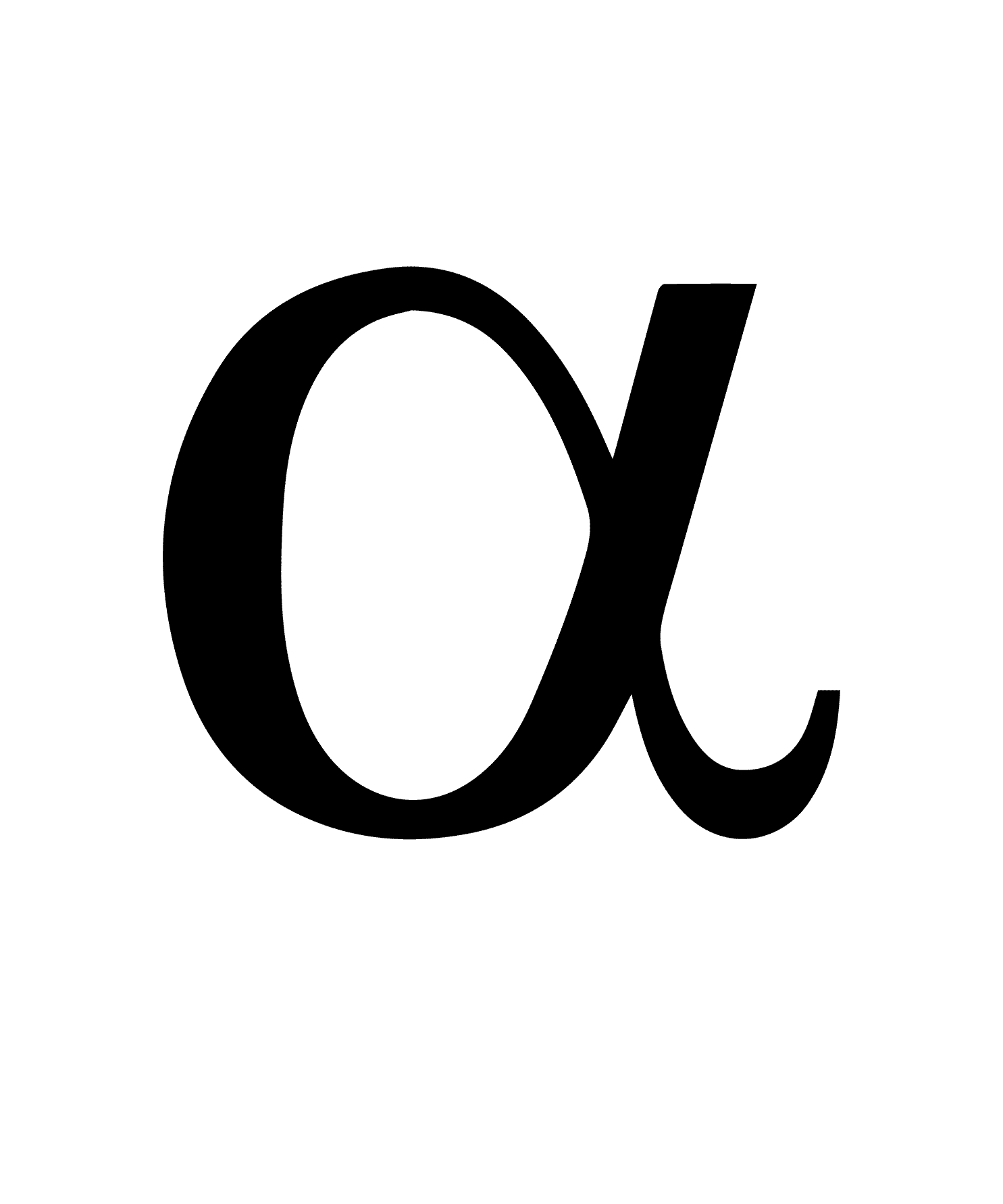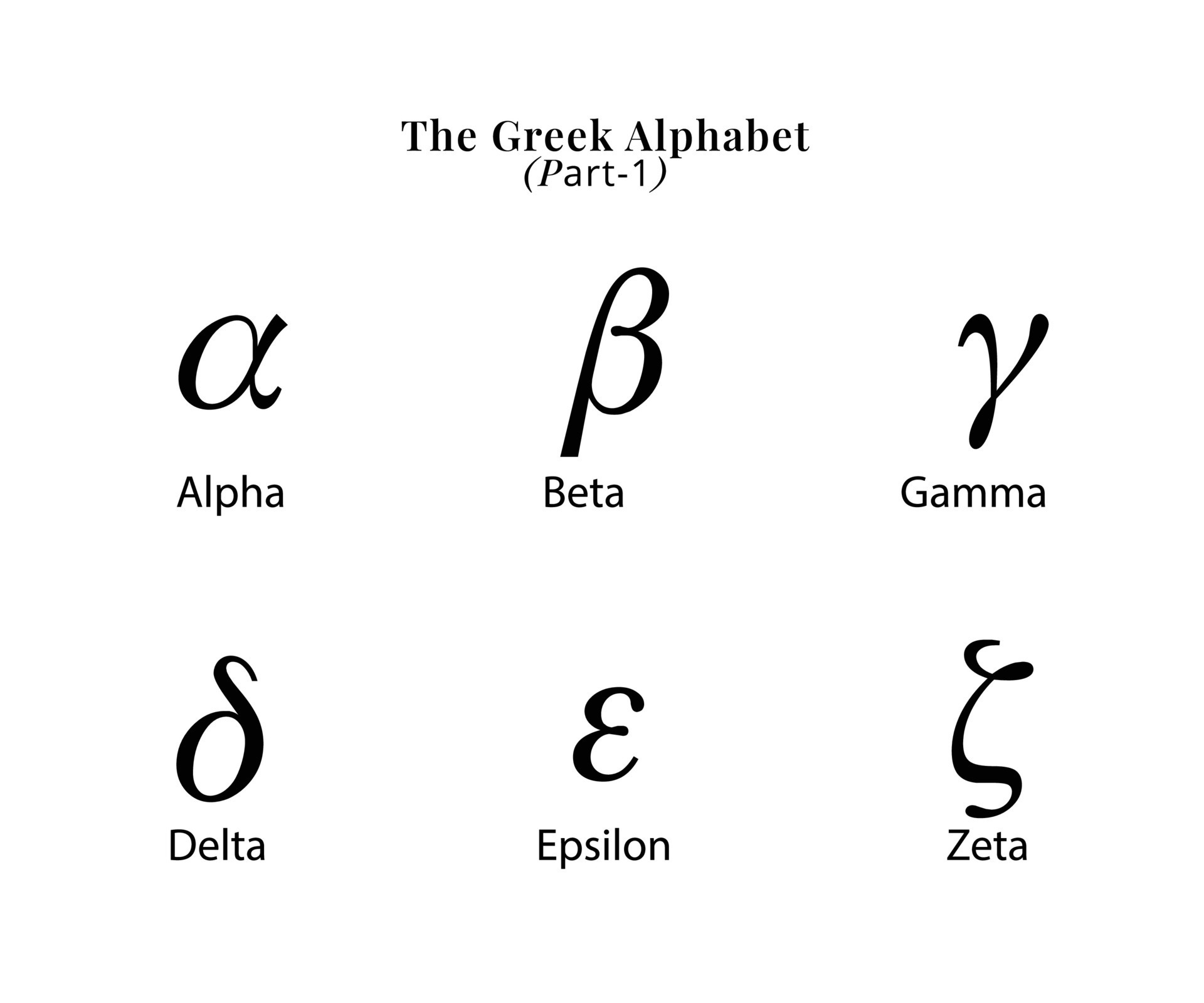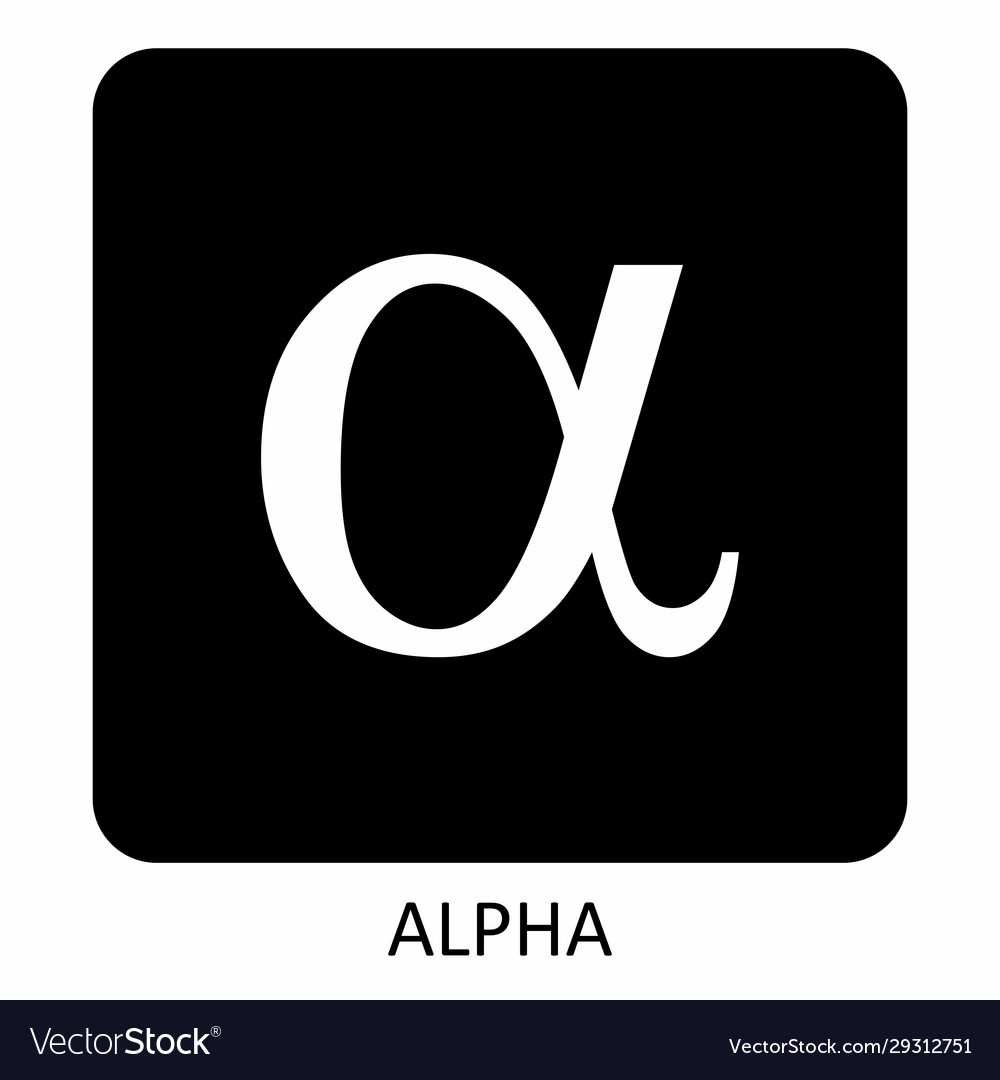Have you ever felt a little lost when someone talks about "alpha" this or "alpha" that? It’s a word that, as a matter of fact, pops up in so many different conversations, from fictional worlds to the very latest outdoor gear. You might hear it in discussions about personality types, computer processors, or even, you know, specific materials. It’s enough to make anyone scratch their head, wondering what on earth people are really getting at.
The truth is, "alpha" has quite a few meanings, and it changes a lot depending on where you hear it. So, too, it's almost like a chameleon, adapting to its surroundings. People often get a bit mixed up, especially when they hear terms like "alpha na," which has a rather particular origin. That phrase, you see, often points to a very specific, thought-provoking character from literature.
This article aims to clear things up, helping you make sense of the various uses of "alpha," including that intriguing "alpha na" reference. We’ll explore where these ideas come from and what they mean, so you’re never left feeling quite so confused again. Basically, we’re going to look at the different ways "alpha" shows up in our world, from stories to technology, and everything in between.
Table of Contents
- "Alpha na": Unpacking a Literary Figure
- The ABO Worldview: Alpha, Omega, Beta
- Alpha in Technology & Industry
- Alpha in the Outdoors: The Alpha SV
- Beyond Definitions: The Social "Alpha"
- Frequently Asked Questions
- Conclusion
"Alpha na": Unpacking a Literary Figure
When someone says "alpha na," they are, in fact, most likely talking about Nana, a very famous character from Émile Zola’s novel of the same name. Published way back in 1880, "Nana" tells the story of a young actress and courtesan in Second Empire Paris. Nana, the character, is often seen as a powerful, destructive force, someone who captivates men and ultimately brings about their downfall. This particular literary figure, you know, has left a big mark on how people think about certain types of women.
In the context of the novel, Nana embodies a kind of raw, almost untamed, feminine presence. She uses her charm and her beauty to gain influence and control over the men around her, leaving a trail of ruined lives and fortunes. She doesn't really fit into traditional societal roles for women of her time; instead, she challenges them, sometimes quite dramatically. This is why, in Western discussions, she's sometimes labeled an "alpha female," but not always in a way that sounds like a compliment. It’s quite different, perhaps, from how "alpha male" is often perceived.
The idea of an "alpha female" in this sense, especially referencing Nana, carries a rather specific weight. While an "alpha male" might be seen as a natural leader, someone to look up to, an "alpha female" like Nana is, in some respects, portrayed as someone who disrupts order. She’s not just strong; she’s seen as someone who might be a bit dangerous, someone who frightens people because she doesn't conform. This comparison, interestingly, highlights a difference in how society, particularly Western society, views powerful men versus powerful women. It suggests that while men might admire a dominant male, they might, you know, fear a dominant female, especially one who doesn't play by the usual rules.
Zola’s portrayal of Nana, therefore, isn't just a story about a woman; it's a social commentary on gender roles, power, and desire in a particular era. Her character has, arguably, become a symbol for a type of woman who commands attention and exerts influence, but whose independence and assertiveness are viewed with a certain amount of apprehension. It’s a fascinating look at how literature can shape our perceptions of human behavior and societal norms, even today.
The ABO Worldview: Alpha, Omega, Beta
Moving away from classic literature, the term "alpha" also shows up in a completely different, yet widely popular, context: the ABO worldview. This is a fictional universe, you know, a specific kind of setting often found in fanfiction and certain types of stories. In this world, all humans are divided into three distinct biological categories or secondary genders: Alpha, Omega, and Beta. It's a system that, apparently, dictates social roles and even reproductive capabilities in a very particular way.
Within this ABO setup, Alphas are typically described as natural leaders and dominant figures. They are often portrayed as strong, confident, and, basically, in charge. They possess certain traits that make them, in a way, the top of the social hierarchy. Omegas, on the other hand, are often depicted as the most vulnerable group, primarily responsible for reproduction. They are, in some respects, seen as needing protection and care. Betas are, you know, somewhere in the middle; they are often described as being more balanced, with abilities that are, perhaps, more average across the board. They tend to be the most common group, forming the backbone of society.
This fictional framework explores themes of hierarchy, instinct, and destiny. It’s a creative way for storytellers to examine social dynamics and relationships, pushing the boundaries of traditional gender roles. The concept, you see, has really captured the imaginations of many readers and writers, leading to a vast array of stories that explore what it might be like to live in such a world. It’s a very different kind of "alpha" from Zola’s Nana, but it certainly shows how a single word can take on wildly different meanings depending on the story you’re reading.
Alpha in Technology & Industry
Beyond fictional universes and literary characters, the word "alpha" also plays a pretty significant role in the world of technology and industry. It’s used in several very specific ways, each pointing to something quite distinct. You might, for example, hear it in discussions about computer hardware, software development, or even the chemical makeup of materials. It’s a term that, in these fields, usually signifies a particular stage, type, or form.
Alpha CPU Architecture
One notable use of "alpha" in technology refers to the Alpha CPU architecture. This was, in fact, a 64-bit RISC (Reduced Instruction Set Computer) microprocessor. It was originally created by the Digital Equipment Corporation (DEC), a company that, you know, was a major player in the computer industry for many years. These Alpha processors were used in DEC’s own workstations and servers, known for their high performance and advanced design for their time.
The Alpha architecture was quite innovative when it first came out, pushing the boundaries of what microprocessors could do. It was, arguably, a very important step in the development of 64-bit computing, which is something we take for granted today. So, when someone talks about "Alpha" in the context of computer hardware, they are likely referring to this specific, powerful line of processors that, in a way, helped shape the history of computing.
Alpha as Software Tools
"Alpha" can also refer to software or tools that are in an early stage of development, often called "alpha versions." However, the provided text also mentions a team using "alpha" since 2018 for very practical tasks like case retrieval, analysis, and generating retrieval reports for special cases. This sounds like a specific software tool, perhaps a legal research platform or a data analysis system. The fact that they've been using it for years and renewed their subscription suggests it's a reliable and helpful tool for their work.
The team’s experience highlights how a specific "alpha" tool can become an essential part of daily operations. They use it, apparently, most often for its tools feature, which helps them complete complex tasks like looking up legal cases and doing detailed analysis. The "workbench" feature also helps them organize all their work. This use of "alpha" is, you know, very much about a practical application, a piece of software that helps professionals get things done efficiently.
Alpha Alumina Structure
In materials science, "alpha" shows up again, specifically when talking about aluminum oxide, or Al2O3. Aluminum oxide is, in fact, a material that can exist in several different crystal structures, and one of the most common and important forms is alpha alumina (α-Al2O3). This is, basically, a very stable and hard form of aluminum oxide, often used in ceramics, abrasives, and even as a high-temperature refractory material.
The text mentions that aluminum oxide has many different crystal structures, or "polymorphs," including alpha, beta, gamma, and others. The alpha form is, in some respects, quite significant due to its specific properties. So, if you hear about "alpha" in a discussion about materials or chemistry, it's very likely referring to this particular crystal structure of aluminum oxide, which is, you know, quite a common and useful material in various industries.
Alpha and Transparency: Clearing Up a Common Idea
Here’s a common point of confusion: many people think "alpha" means transparency, especially in digital graphics or web design. However, the text explicitly states that "Alpha doesn't mean transparency, doesn't represent transparency." This is a really important distinction, actually. While "alpha channels" are used to store transparency information in images (like how opaque or see-through something is), the word "alpha" itself isn't a synonym for transparency.
The correct terms for describing how see-through something is are "opacity" and "transparency." Opacity refers to how opaque something is (how little light passes through), while transparency refers to how much light passes through. For example, in CSS, "opacity: 0.5" means an element is 50% opaque, which is the same as being 50% transparent. So, while "alpha" is involved in the technical process of managing transparency, it’s not, you know, the word for transparency itself. This is a subtle but important difference for anyone working with digital visuals.
Alpha in the Outdoors: The Alpha SV
Let’s shift gears completely and look at "alpha" in the context of outdoor adventure gear. Specifically, the text mentions the "Alpha SV," which is a very well-known and highly regarded jacket from the brand Arc’teryx. This particular piece of equipment is designed for some pretty serious conditions. It’s, arguably, a top-tier choice for people who are into high-altitude climbing and mountaineering in really bad weather.
The Alpha SV is, in fact, quite expensive, priced around 8200 yuan (which is roughly equivalent to a good chunk of money). This high price reflects its specialized nature and the advanced materials used. It’s made with the fifth generation GORE-TEX PRO fabric, which is known for its extreme durability, waterproofing, and breathability. This material, you know, helps keep you dry and comfortable even in the most challenging environments, protecting against liquid water while still letting sweat escape.
The text points out that the Alpha SV is a very professional choice, something most people probably don’t need for everyday outdoor activities. It’s for those specific situations, like climbing or non-staircase mountaineering, where you need the absolute best protection and performance. So, when you hear about "Alpha SV," you can basically think of it as a rugged, high-performance jacket built for extreme conditions, a piece of gear that, in a way, stands for top-level outdoor protection.
Beyond Definitions: The Social "Alpha"
Finally, we come back to the more general social understanding of "alpha," which often describes personality types or roles within a group. This is where, you know, things can get a little more nuanced and sometimes even a bit controversial. The concept of an "alpha male" or "alpha female" is widely discussed, particularly in Western contexts, and it refers to individuals who are seen as dominant, confident, and often leading the pack.
The text points out a fascinating difference in how "alpha male" and "alpha female" are perceived, especially in Western culture. An "alpha male" is, apparently, often seen as a compliment, suggesting someone who is strong, capable, and a natural leader. However, an "alpha female" can be viewed quite differently. The text says that "alpha female" can be seen as a "disorderly person" or a "sea queen" (女海王), and that Western men might, you know, fear them as much as they like "omega saints." This really ties back to the discussion of Zola’s Nana, highlighting a cultural bias.
This difference in perception is, arguably, quite important. It suggests that while male dominance might be admired, female dominance can sometimes be seen as disruptive or even threatening to established social structures. It’s a complex idea that reflects societal expectations and gender roles. So, when people talk about someone being an "alpha" in a social sense, it’s not always a straightforward compliment, especially for women, and it’s a discussion that, you know, continues to evolve in modern times.
Frequently Asked Questions
**Q1: What does ABO worldview mean, and what are Alpha, Omega, and Beta?**
The ABO worldview is a fictional setting, you know, where all humans are divided into three biological categories: Alpha, Omega, and Beta. Alphas are typically seen as natural leaders and dominant figures. Omegas are often described as the most vulnerable, primarily for reproduction. Betas are, basically, in the middle, with balanced abilities.
**Q2: Is Alpha SV a type of clothing?**
Yes, the Alpha SV is a high-performance jacket made by Arc’teryx. It's, in fact, designed for extreme outdoor activities like high-altitude climbing and mountaineering in very harsh weather conditions. It uses advanced materials like GORE-TEX PRO for superior durability and protection.
**Q3: Does "alpha" mean transparency in computer graphics?**
No, not directly. The text makes it very clear that "alpha" itself doesn't mean transparency. While "alpha channels" are used to control transparency in digital images, the actual terms for how see-through something is are "opacity" and "transparency." So, you know, it’s a common misunderstanding.
Conclusion
So, as you can see, the word "alpha" is, in some respects, a bit of a linguistic puzzle, with meanings that vary wildly across different fields and contexts. From the powerful, sometimes unsettling, literary figure of Nana, who gives us the "alpha na" reference, to the distinct biological categories in the ABO worldview, and then to the very real technical specifications of computer processors or the ruggedness of outdoor gear, it truly covers a lot of ground. We’ve also looked at its specific role in materials science and clarified its non-connection to transparency.
Understanding these different uses can really help clear up confusion and give you a better grasp of conversations you might encounter. It’s a word that, you know, pops up in so many places, and knowing its various roles can be quite useful. We hope this has helped make sense of the many faces of "alpha."
To learn more about various concepts and terms, you can explore other articles on our site. Also, if you’re interested in the fascinating world of literary analysis and how characters like Nana shape our understanding of societal roles, you might find more details by looking into literary critiques of Zola's work, for instance, on academic literary analysis sites. You could also check out this page to deepen your knowledge on related topics.



Detail Author:
- Name : Zelma Rath
- Username : marina12
- Email : antonina33@yahoo.com
- Birthdate : 1996-10-18
- Address : 24055 Yasmine Via Apt. 709 Kingberg, MT 60270-5531
- Phone : 1-979-582-4034
- Company : Altenwerth-Jacobs
- Job : Agricultural Equipment Operator
- Bio : Aut et placeat est velit. Ea nobis odit quam possimus quis. In dicta aut et qui.
Socials
linkedin:
- url : https://linkedin.com/in/adolfo_id
- username : adolfo_id
- bio : Impedit dicta ratione non.
- followers : 6989
- following : 2629
twitter:
- url : https://twitter.com/adolfo_schneider
- username : adolfo_schneider
- bio : Consequatur totam veniam qui debitis eum velit. Et enim quidem nam hic consequatur. Accusantium sit ducimus dolorem ut quos possimus iure.
- followers : 3655
- following : 809
tiktok:
- url : https://tiktok.com/@schneider2022
- username : schneider2022
- bio : Quaerat quam nam eos doloribus. Magnam est minima aut eos rem.
- followers : 6081
- following : 2747
facebook:
- url : https://facebook.com/schneidera
- username : schneidera
- bio : Repellendus natus optio dignissimos. Veniam ipsam animi sed similique.
- followers : 6495
- following : 1359

